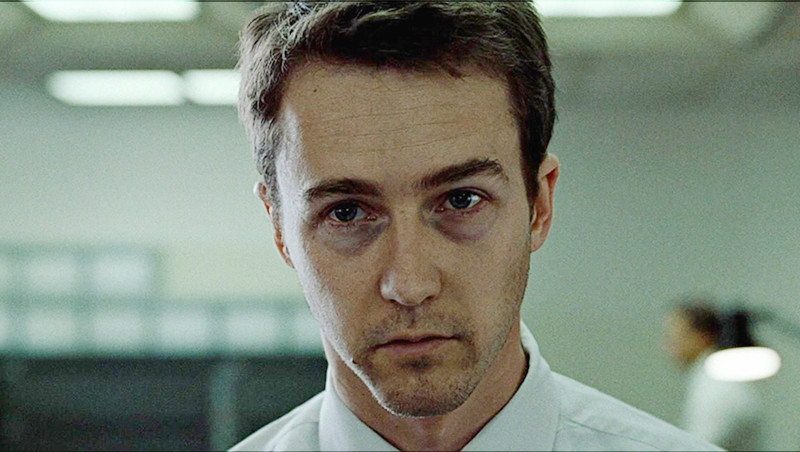
With now a dozen movies to his name, David Fincher has etched a permanent place in cinema history as one of the most talented directors of his generation. After cutting his teeth making TV commercials and music videos, the maverick auteur quickly established himself as a singular voice in American cinema with one of the highest career batting averages of any director working today. Precisely that consistent excellence and unflinching dedication to his craft has also, somewhat unfairly, earned him an industry-wide reputation as an obsessive control freak behind the camera.
After a recent stab at serialized television, we’re happy to report that one of the figureheads of the thriller genre is back in his element doing what he does best. Based on a graphic novel by the same name, “The Killer”, about a nameless contract assassin (Michael Fassbender) who becomes a target himself after his last hit job goes awry, is being touted as a return to form by the same creative team behind “Se7en”.
To mark the arrival of Fincher’s new offering — now in theaters and streaming on Netflix — we’re counting down each of the dozen feature films in a groundbreaking career that now spans over 30 years. So how does his latest stack up against the rest of his blood-soaked thrillers? Does one really have to choose between “The Social Network” and “Fight Club”? Read on to find out.
12. The Curious Case of Benjamin Button (2008)
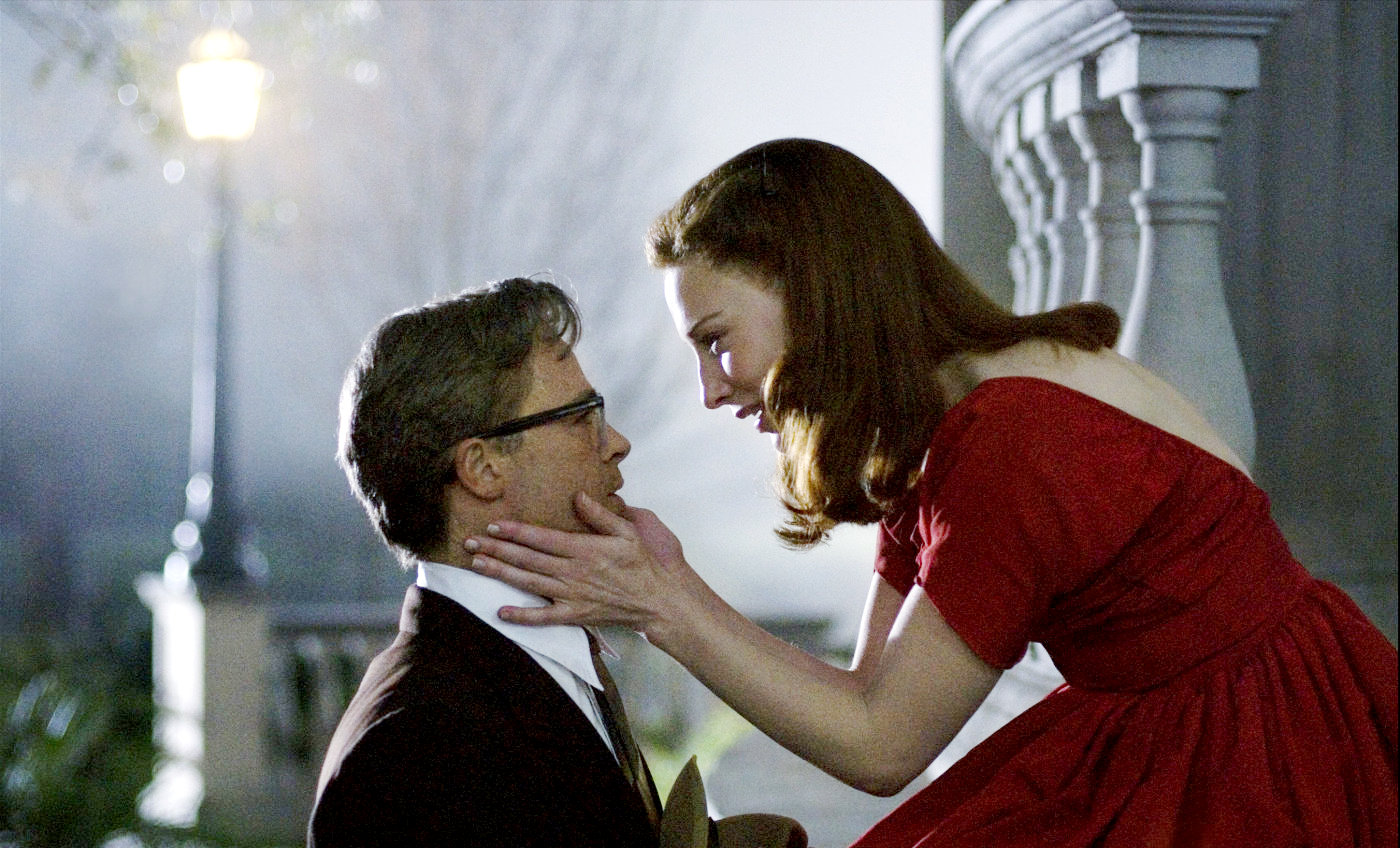
In following up his big “Zodiac” triumph, Fincher left his comfort zone and tried to muscle his way into the Oscar race by joining forces with “Forrest Gump” screenwriter Eric Roth to adapt the F. Scott Fitzgerald short story about a man born under unusual circumstances who miraculously becomes younger with the passage of time.
Taking exactly the sort of stab at schmaltzy prestige fare that is catnip for Academy voters was widely regarded at the time as a major career heel turn from a bad-boy provocateur who came to be known for gruesome tales of deranged serial killers and snake-oil salesmen. Alas, constant exposure to this film via cable television has done nothing if not validate the early critical consensus that suggested the director was way out of his depth here. That said, Fincher-heads and “Forrest Gump” aficionados alike should still be able to find a reason or two to add this tearjerker to their personal Netflix queues.
11. Alien³ (1992)
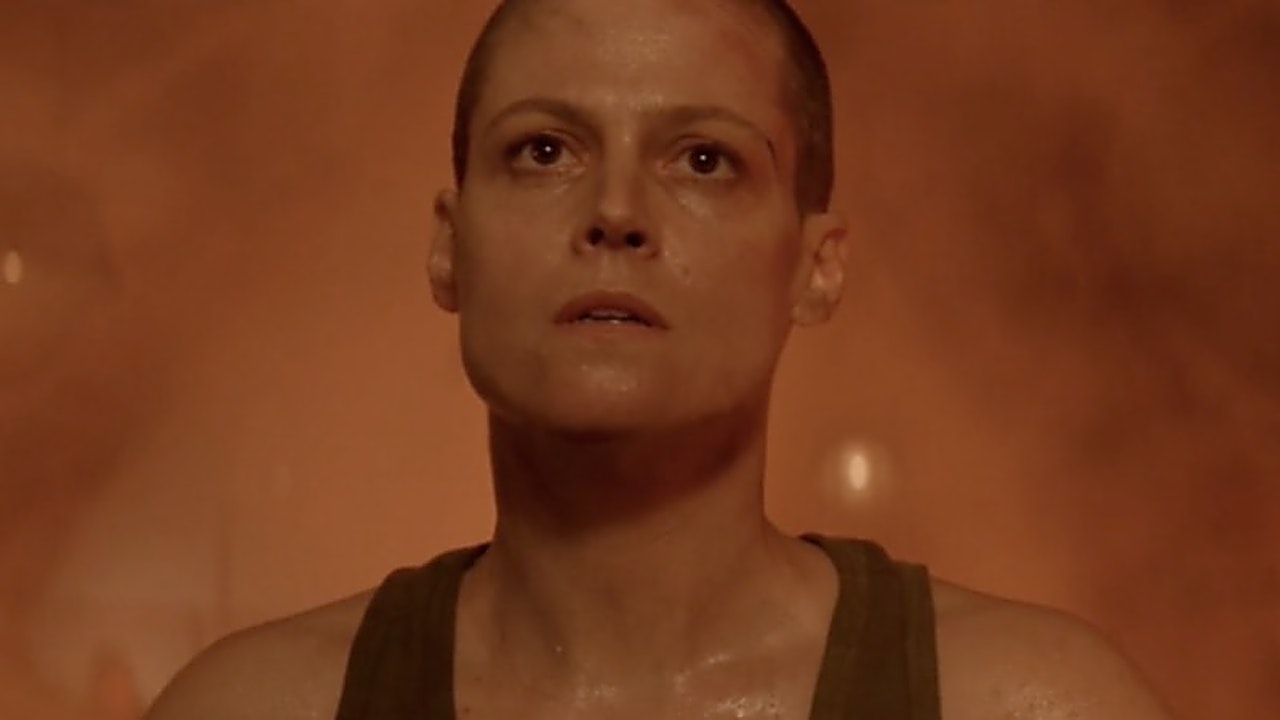
Fincher’s first foray into filmmaking is more fun to read about than to actually watch. The movie’s notoriously messy production, which saw 20th Century Fox shuffle between several screenplays and directors before settling on a then-unknown, 27-year-old music video producer at last minute to hopefully steer a sinking ship in the right direction, warrants its own film adaptation. The resulting sci-fi blockbuster, which shockingly kills off two of Ellen Ripley’s beloved sidekicks within the first ten minutes, would alienate a large portion of the series’ fanbase and do little to suggest that David Fincher was the real deal.
Given the way the director’s whole career has worked out and the very fact that he’s disowned the movie many times over, it’s tempting to just shrug “Alien³” off as lightweight work that, though not without spurts of brilliance, is for hardcore completists only. A director’s cut, a significant improvement on the theatrical version that restored the infamous sequel into something closer to Fincher’s original vision, was later to redeem some of its reputation.
10. Mank (2020)
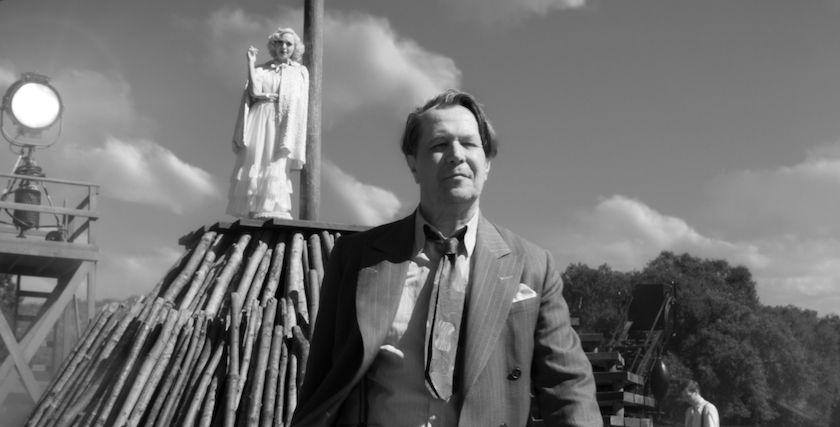
Fincher’s deep-rooted disdain for Hollywood’s studio system and everything it stands for comes out loud and clear in this unsavory portrait of Tinseltown and the power struggle that ensued after the Great Depression, which shook the entire entertainment business to its foundations throughout the 1930s and early ’40s.
Written by his late father Jack and based on a much-disputed essay by Pauline Kael, Fincher’s first project after signing an exclusive 4-year deal with Netflix traces the off-screen drama behind “Citizen Kane” through the lens of Jewish co-writer Herman J. Mankiewicz, who sparred with Orson Welles, studio heads, politicians, and media tycoons like William Randolph Hearst and whose real authorship of the Kane screenplay is still subject to debate today. Despite getting a shoulder rug of a reception during the pandemic, Gary Oldman’s shaggy-dog performance is enough to make “Mank” a welcomed addition to the Fincher canon, even though as a whole, the 10-time Oscar-nominated period drama never really elevates beyond standard movie-biopic tropes.
9. Panic Room (2002)
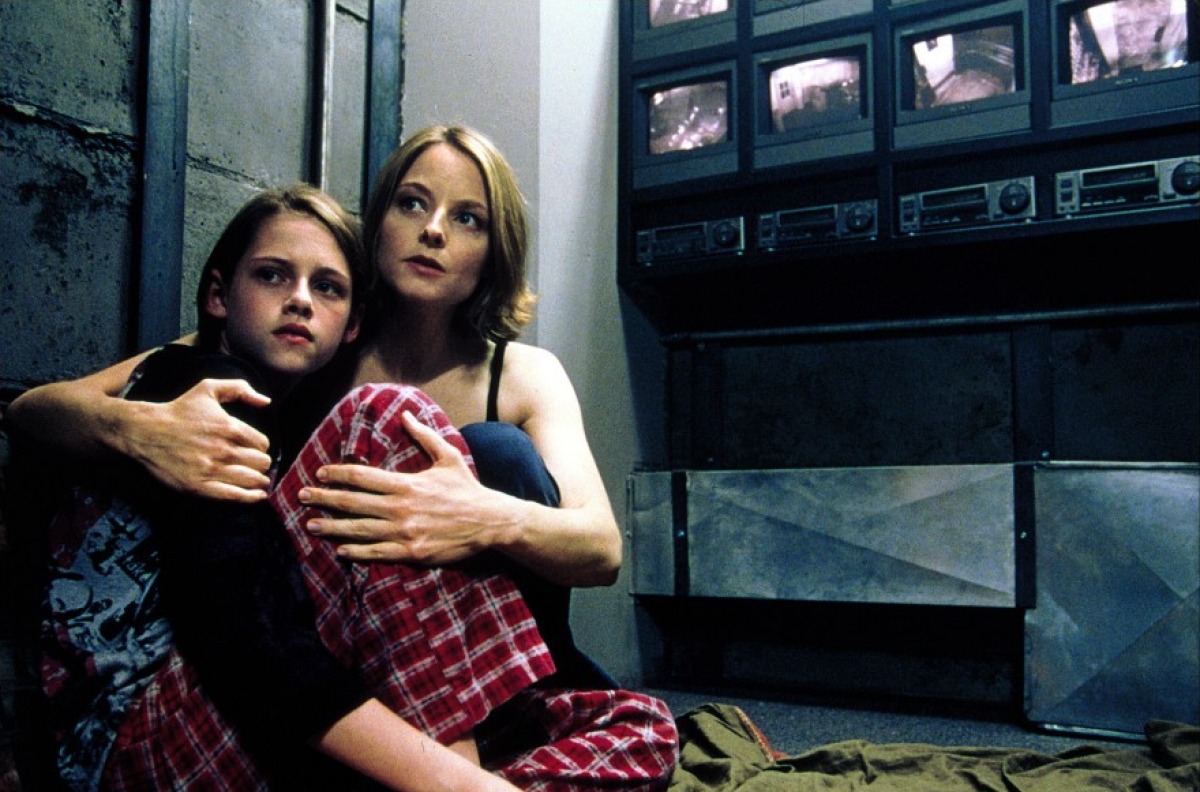
After blowing through the 1990s decade with a hell of a run and stirring up controversy with his searing anti-capitalist satire, Fincher kept things considerably more grounded with this stripped-down home-invasion thriller about a newly divorced mum (Jodie Foster) and her diabetic daughter (Kristen Stewart) who overcome their personal hang-ups while fending off a volatile trio of intruders in their four-story Manhattan penthouse.
It’s tempting to lump “Panic Room” into the lowest tier of Fincher’s back catalog on the grounds that it comes off as a slightly formulaic, R-rated riff on “Home Alone”. But even if the script feels too conventional by his usual standards, Fincher can’t resist pulling every last trick up his cinematic sleeve with a barrage of bravura sequences and virtuoso tracking shots that easily outbalances the occasionally dull stretches of the story.
8. The Killer (2023)
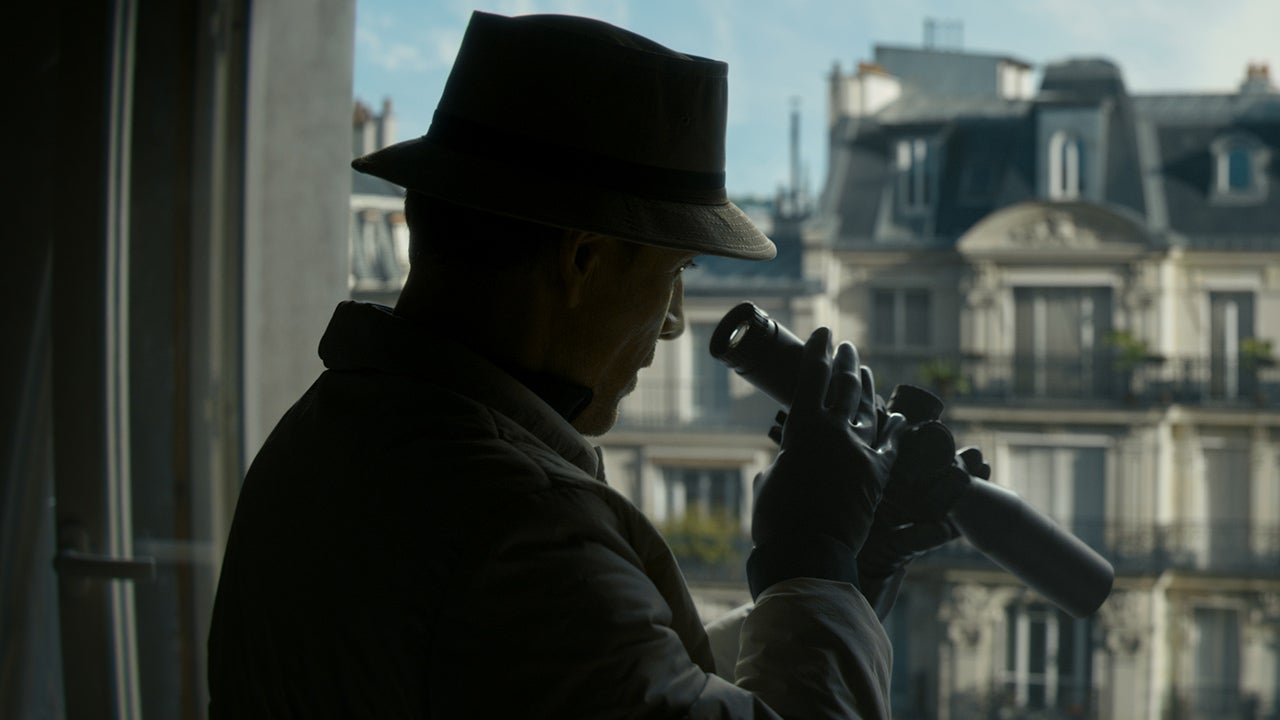
Throughout the years, Fincher has cultivated an ironclad reputation as a highly competent professional with a painstaking attention to detail and near-sociopathic obsession for perfection. The same can be said of his latest subject, a calculated contract killer (played with dry wit by Michael Fassbender) who finds himself between a rock and a hard place after getting himself a target on his back because he killed the wrong person on his last paid gig.
Fincher is obviously nowhere near the end of his career, but his second feature film under the Netflix banner nevertheless feels like a sort of thesis statement on a 30-year career spent deconstructing the psychology of deranged serial killers. It is perhaps his most self-aware and wickedly funny offering to date, a tragicomic genre pastiche that expertly fuses popcorn thrills with shrewd social commentary and should particularly appeal to viewers who have seen Jean-Pierre Melville’s “Le Samouraï” too many times to count.
7. The Game (1997)
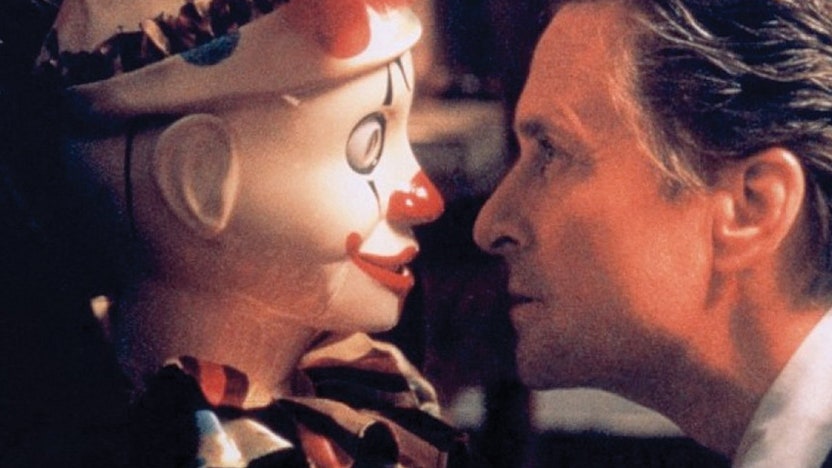
Michael Douglas virtually disappears into the role of Nicholas Van Orton, a careworn San Francisco banker who gets a hell of a lot more than what he bargained for after reluctantly partaking in a wicked mystery game for his forty-eighth birthday. Ultimately, whether or not you enjoy this Hitchcockian brainteaser will likely depend on your capacity to occasionally suspend your disbelief and look past outlandish narrative hijinks.
From a pure entertainment standpoint, however, “The Game” remains one of Fincher’s greatest magic tricks — a masterclass in sustained tension that repays close attention and keeps throwing us off the scent at every turn as we watch Douglas’ character at his wits’ end desperately trying to figure out exactly what kind of a wild-goose chase his younger brother has gotten him into. Some argue the movie’s memorable rug-pull moment negates any of the tension that was built up to that point — granted, it makes less and less sense the more you think about it — but don’t be too surprised if you feel tempted to hit the replay button by the time the credits start rolling.